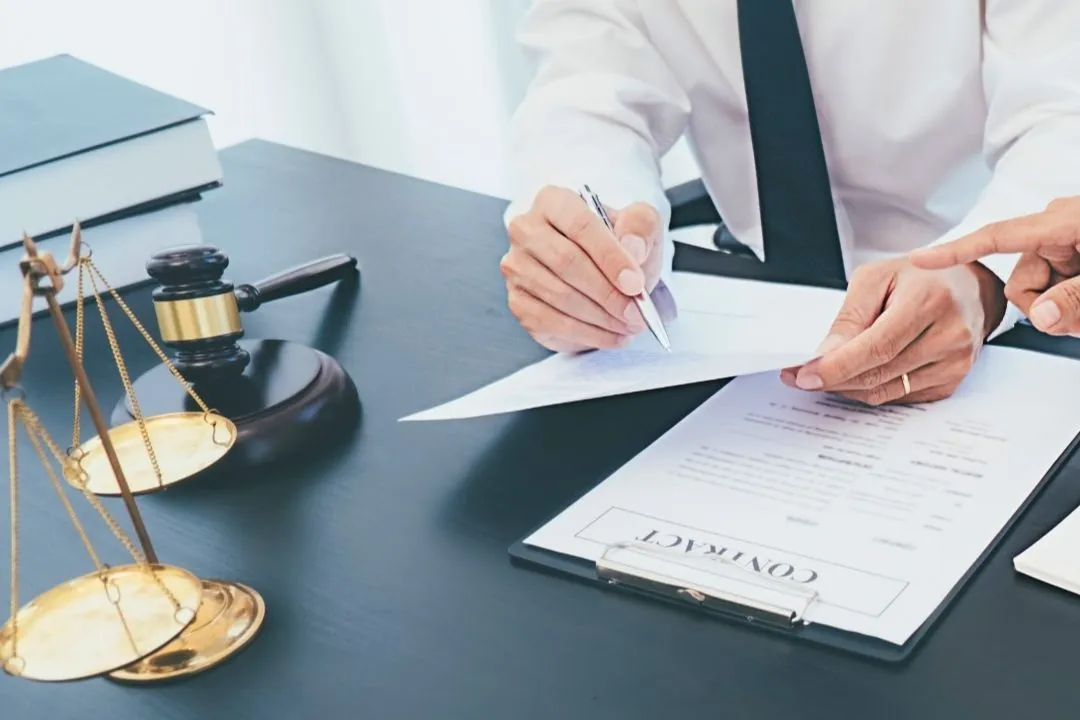Law firms and independent legal practitioners are often held to high standards in many different aspects, as they are representing justice and the laws of the country. As such, the Virginia State Bar has put forth a set of guidelines to help legal professionals navigate the process of advertising.
As the industry is competitive and a trusted part of the local communities, even minor omissions of certain details, so today we are exploring how misleading advertisements violate ethical rules and what consequences they carry for legal professionals, their clients, and the integrity of the legal system.
Virginia Ethics Rules and Guidelines
Most of the framework that governs how legal professionals advertise in Virginia are set forth by the Virginia State Bar (VSB) in their Rules of Professional Conduct. In particular, they have a set of model rules, Rules 7.1 and 7.2, they touch on advertising and how ethics law in Virginia ensures that legal advertisements align with the guidelines.
The overall goal of Rule 7.1 is to prevent lawyers from creating unfair or unjustified expectations in their advertisements. As such, these rules prohibit legal professionals from lying or misleading in advertising. Even if the advertisement consists of statements about a law firm’s qualifications, services, or case results it can be a Rule 7.1 violation if it is considered misleading. This also includes omitting details that might be pertinent for the potential clients, especially if the details left out could have an impact on the decision. To avoid Rule 7.1 violations, all legal practitioners must aim to provide the full picture in their advertising material in order to be transparent and truthful at all times.
Virginia Legal Ethics Opinions
In order to provide real-life examples and guide legal professionals to produce better advertisement, the Virginia State Bar regularly publishes opinions on this matter. These opinions can range from attorneys discussing and analyzing real-world cases where specific law firms have faced scrutiny or legal actions due to their misleading advertisements.
They can also include certain takeaways or recommendations when it comes to producing new material, as well as touch on how the different regulations and guidelines impact legal professionals in general. These opinions are very beneficial to lawyers seeking clarity on ethical advertising practices.
How Compliance Works
It is important that law firms and solo practitioners stay vigilant when designing advertisements, but also other public material that communicates an official message. This is because Rule 7.1 not only covers commercials, but also content that can be found on official websites or social media profiles of the legal professionals.
The consequences for failing to comply with the guidelines set forth by the Virginia State Bar can lead to a suspended license, corrective measures, reprimands, and even, in severe cases, civil lawsuits from clients.
Therefore a high level of transparency is required in order to safely proceed with any messaging, in order to avoid claiming details about specific cases or results, as well as setting expectations for potential clients. A good rule of thumb is that any claim that a specific outcome or result in the court of law can be considered dubious at best.
Contact The McGavock Reed Law Firm Today
Rely on The McGavock Reed Law firm’s legal representation to safeguard your career and reputation.
📞 Call us at 703-206-6926
📧 Email us at info@macreedlaw.com
🌐 Visit our website at macreedlaw.com
Let McGavock Reed guide you through the Virginia Bar disciplinary process and strive for the best possible outcome.


